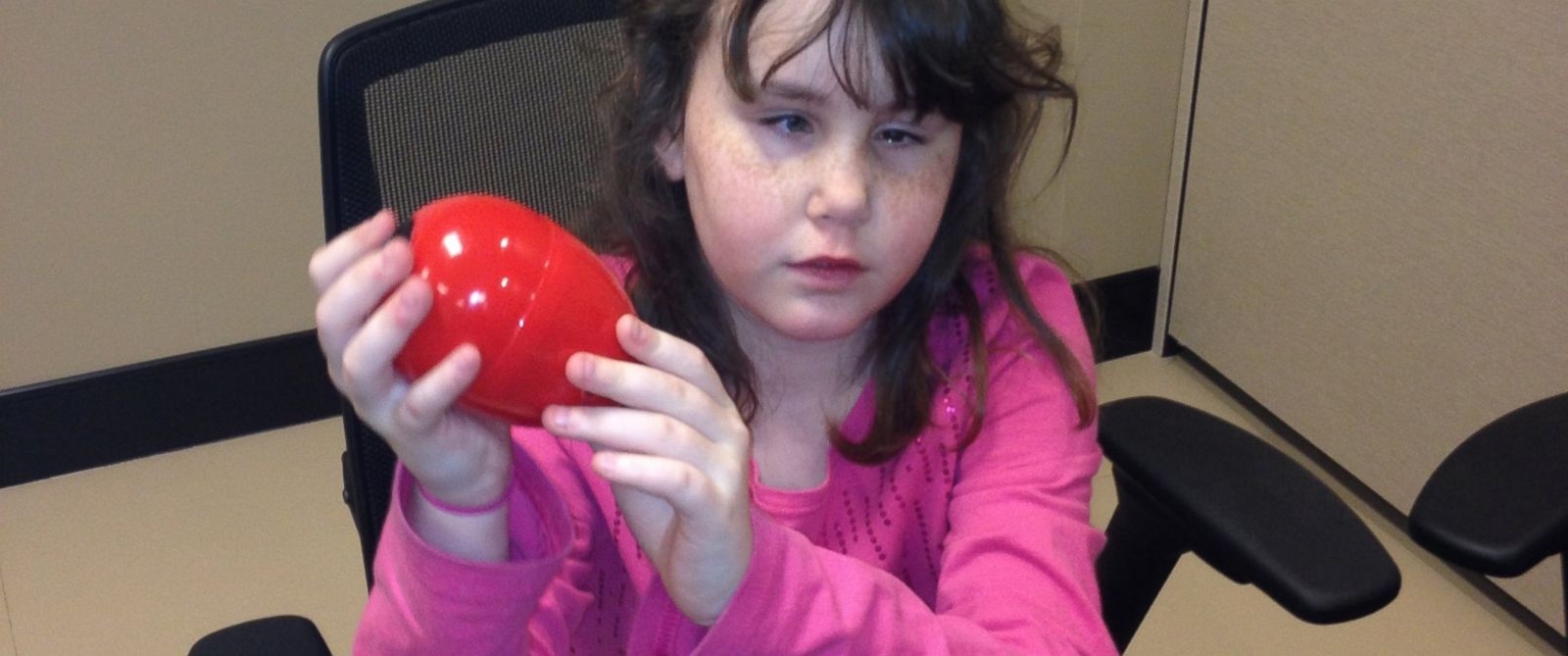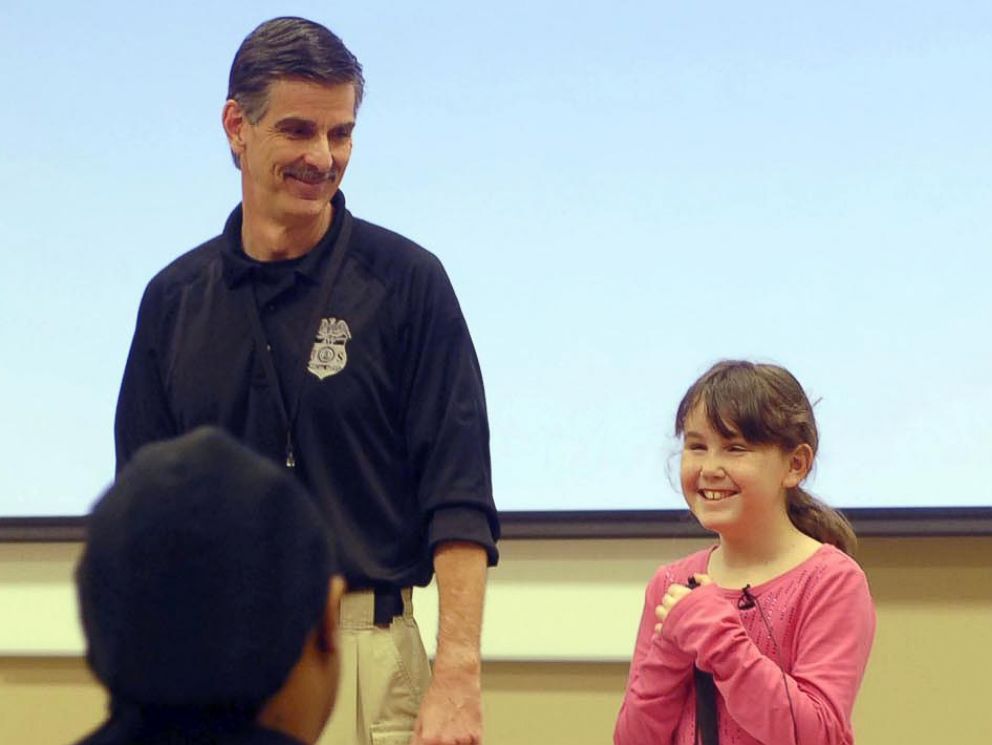
Easter, which will be celebrated on Sunday, April 16 this year, offers many fun activities. But the one all kids look forward to the most is the egg hunt. However, in 2005 U.S. Bureau of Alcohol, Tobacco, and Firearms (ATF) special agent David Hyche realized that visually impaired children like his then 19-month-old daughter, Rachel, were unable to participate in this exciting event.
Wanting to find a way for the young girl to experience an egg hunt, Hyche reached out to the Blind Children’s Center in Los Angeles who had created beeping plastic Easter eggs. As it turned out, all that was required was inserting a switch, beeper, 9-volt battery, and a battery clip inside a regular plastic egg. Inspired, the special agent recruited a few colleagues and set about making his own version.

That year, the team made 40 eggs and organized the first beeping Easter egg hunt in Birmingham, Ala. At the cost of $14 USD an egg, the audible versions were far more expensive than regular Easter eggs. However, seeing the smiles on the faces of the 11 visually impaired children who participated in the event was worth their weight in gold. Hyche says one of his favorite memories is that of Rachel dropping her cane and racing across the field to claim a prize.
Not surprisingly, the event was extremely well-received. By 2007, 150 visually impaired children participated in the event, and two years later, in 2009, the city had to organize two egg hunts to accommodate all the participants. Kids who were deaf, in wheelchairs, or had limited mobility also joined in the fun. Today, the hunts are organized throughout the country, partly thanks to the 5000 members of the International Association of Bomb Technicians (IABTI) who annually contribute $10,000 USD to what has been dubbed “The Rachel Project.” Towns or cities wishing to host an event can request the beeping eggs from the IABTI at no cost.

The association also provides detailed instructions for those who wish to create their own beeping eggs and gives guidance on organizing the special egg hunt. Additionally, local bomb technicians from Philadelphia to Phoenix have been making their own versions of the beeping eggs and donating them to schools and organizations for the blind. The hunts have touched many people, especially those who thought their family members would always be excluded from these activities. One grandmother from Virginia said: “The doctors told us that [my granddaughter] would never be able to participate in events like this."
What’s even more exciting is that the beeping eggs are not just good for Easter egg hunts. They are even being used in the classroom to allow visually impaired kids to have more independence and teach them better mobility and location skills.
Happy Easter!
Resources: iabti.org/charity, azfamily.com, abcnews.go.com,attending.net